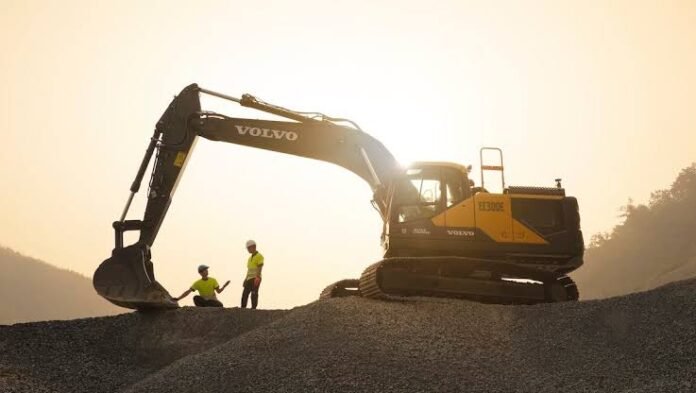For companies in sectors like mining, construction, and material processing, purchasing aggregate equipment is a significant choice. The correct tools can boost overall efficiency, lower operating costs, and increase productivity. However, choosing the best machinery requires careful consideration to ensure you get the most value for your investment. When exploring aggregate equipment for sale, it’s essential to assess factors such as durability, efficiency, and long-term maintenance costs to ensure a worthwhile investment. The following essential tips will help you make an informed choice when selecting aggregate equipment.
1. Define Your Operational Needs
Before making a purchase, assess the specific requirements of your operation. Consider factors such as:
- The type of materials you process (gravel, sand, crushed stone, etc.).
- The production volume needed to meet project demands.
- The space and infrastructure are available for equipment installation.
- The desired efficiency and automation level to streamline operations.
Understanding your needs helps narrow down equipment options, ensuring you choose machines that fit your workflow.
2. Choose Between New And Used Equipment
Both new and used aggregate equipment offer advantages, depending on your budget and project demands.
Buying New Equipment
- Comes with the latest technology, offering better efficiency and automation.
- Includes warranties and manufacturer support, reducing maintenance concerns.
- Offers a longer lifespan with less risk of immediate repairs.
Buying Used Equipment
- More cost-effective, with lower upfront investment.
- It can be a faster procurement option if new equipment has long lead times.
- Often available with service records, helping buyers assess its condition.
If opting for used equipment, always inspect the machinery thoroughly and request maintenance logs to ensure reliability.
3. Assess Equipment Quality And Condition
When evaluating aggregate equipment, check key components that directly impact performance and durability. Some areas to inspect include:
- Structural Integrity: Look for signs of rust, cracks, or excessive wear.
- Engine And Power Systems: Ensure motors and hydraulics function efficiently.
- Wear Parts: Components like conveyor belts, screens, and crusher liners should be in good condition.
- Lubrication And Cooling Systems: Ensure proper maintenance has been conducted to prevent overheating or mechanical failure.
Performing a detailed inspection before purchasing prevents unexpected downtime and repair costs.
4. Consider Equipment Efficiency And Operating Costs
Beyond the purchase price, factor in long-term costs, such as:
- Fuel And Energy Consumption: More efficient models reduce operational expenses.
- Maintenance And Repair Frequency: Durable machines with easy-to-replace parts lower maintenance costs.
- Productivity Output: Faster, automated equipment may have higher upfront costs but provide greater efficiency.
Investing in fuel-efficient and well-maintained machinery improves overall cost-effectiveness.
5. Choose A Reliable Manufacturer And Dealer
The quality and support of the product are greatly influenced by the manufacturer and dealer you buy from. When selecting a vendor, consider:
- Their reputation in the industry and customer reviews.
- The accessibility of replacement parts for upkeep and fixes.
- Their after-sales service, including warranties, training, and technical support.
- Their ability to offer financing options if needed.
A reliable dealer ensures you receive genuine, high-quality equipment and ongoing support.
6. Evaluate Financing And Payment Options
If purchasing aggregate equipment is a major financial commitment, explore financing options such as:
- Leasing programs that allow businesses to use equipment without a large upfront cost.
- Installment payment plans to spread out expenses over time.
- Trade-in deals where old equipment can offset new purchase costs.
Choosing the right financing plan helps manage cash flow while acquiring the necessary machinery.
7. Plan For Maintenance And Spare Parts
Even the best equipment requires routine maintenance to operate at peak efficiency. Before purchasing, ensure that:
- Spare parts are readily available, preventing long downtimes.
- The manufacturer provides training or manuals for equipment servicing.
- The dealer offers preventive maintenance programs to extend equipment lifespan.
Planning for maintenance in advance keeps operations running smoothly and reduces unexpected breakdowns.
Final Thoughts
Purchasing aggregate equipment is a long-term investment that directly impacts productivity and profitability. By carefully assessing your needs, evaluating equipment quality, considering financing options, and planning for maintenance, you can maximize your investment and ensure your business operates efficiently. Whether buying new or used machinery, making informed decisions helps you get the best value while keeping your operations running smoothly.
